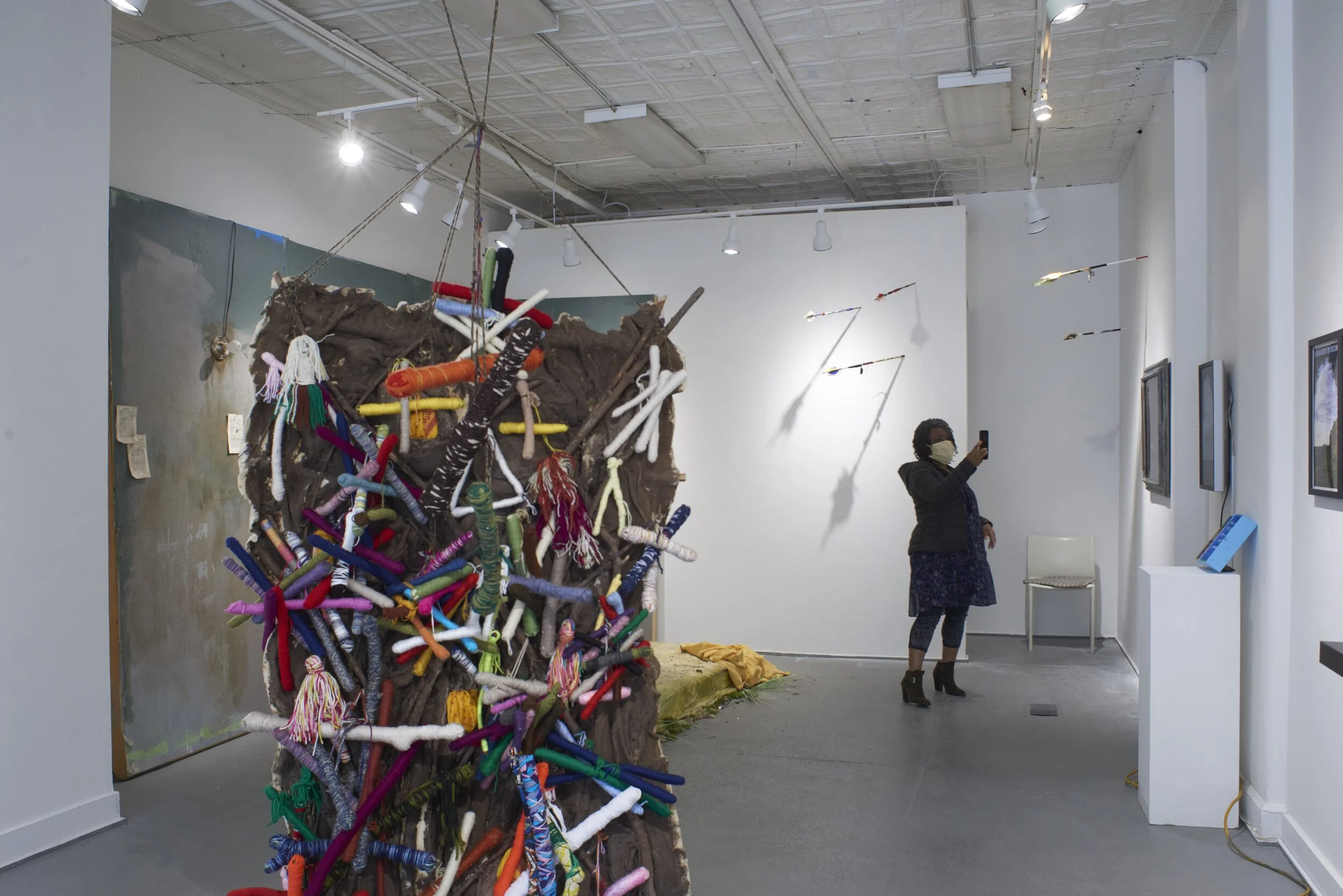As we enter the month of June, a time that many of us have learned to associate almost habitually with the celebration and visibility of the LGBTQ+ community, it’s important to reflect upon how we got here. Pride Month is, of course, a time to celebrate queer identities, but it’s easy to get lost in the sea of rainbow-patterned merchandise on every outfit at your local Pride event and on a display at every business that wants you to think they’re forward-thinking.
It's important to remember that we can celebrate Pride Month only because of the contributions and sacrifices made by those who came before us. Members of the LGBTQ+ community from every decade up to and including the present have endured oppression, discrimination, and vilification for loving and acting in ways the status quo deemed unacceptable. It is thanks to them that a queer identity is something we’re able to celebrate; it is thanks to them that we have Pride.
In homage to early trailblazers in the proliferation of queer culture, I’d like to spotlight Polari (Palare, Palari). Polari is a vernacular “almost-language” that became a coded way to keep communication covert among Britain’s gay community for decades during the mid-nineteenth century and up until the 1960s. Polari was a way for gay people to communicate with one another while remaining innocuous to outsiders at a time when the public met queer identities with blackmail, imprisonment, torture, or death. The language was widely used in the United Kingdom and Ireland until its use began to decline with the passing of the 1967 Sexual Offenses Act which decriminalized adult homosexual acts in England and Wales. Polari gradually fell out of use as being gay was no longer legally punishable, as gay people were no longer legally forced to hide. The language’s decline was further bolstered by the rise, acceptance, and appropriation of gay culture in cities like San Francisco and New York in the United States. Gay culture went from reviled to trendy, and the need to make communication within queer communities incomprehensible to nonmembers disappeared.
Though Polari had a relatively short lifespan, it remains an important piece of queer history, and its legacy is both linguistically and culturally significant. Polari is often referred to as an “anti-language” or an “almost-language.” What do these terms mean? Well, Polari never was and never was intended to be a full and complete language, used to articulate every thought and action of a speaker. Rather, Polari functioned similarly to a trade language, with contributions from Italian, Romani, English slang (from various groups around London including sailors and actors), and Yiddish. Polari speakers were able to carry on conversations but only using a limited lexicon and a simplified English grammatical base. That relatively rudimentary lexicon, however, was so colorful and impactful that its traces remain in the language we associate with gay culture to this day. The words “butch,” “camp,” and “zhoosh” (meaning to fix or neaten), for example, are all Polari terms.
Though colloquial use of Polari has almost completely died out, the language may not be doomed. Revitalization efforts are taking place all over the world and, as the pressure of homophobia wanes, subjects like Polari are being taken more seriously a field of academic study. Polari is an important part of LGBTQ+ history, and its rise and fall shows us how far we’ve come, but also and how far we have yet to go in dismantling the pervasive structures of homophobia.
Further Reading on Polari:
www.pri.org/stories/2012-08-15/polari-gay-slang-flourished-out-prejudice
https://babelzine.co.uk/ArticlePDFs/No2%20Article%20-%20Polari.pdf
Image credit: Chemical Engineer. Polari Rainbow Plaque. 8 Nov. 2018, commons.wikimedia.org/wiki/File:Polari_Rainbow_Plaque.jpg














































































